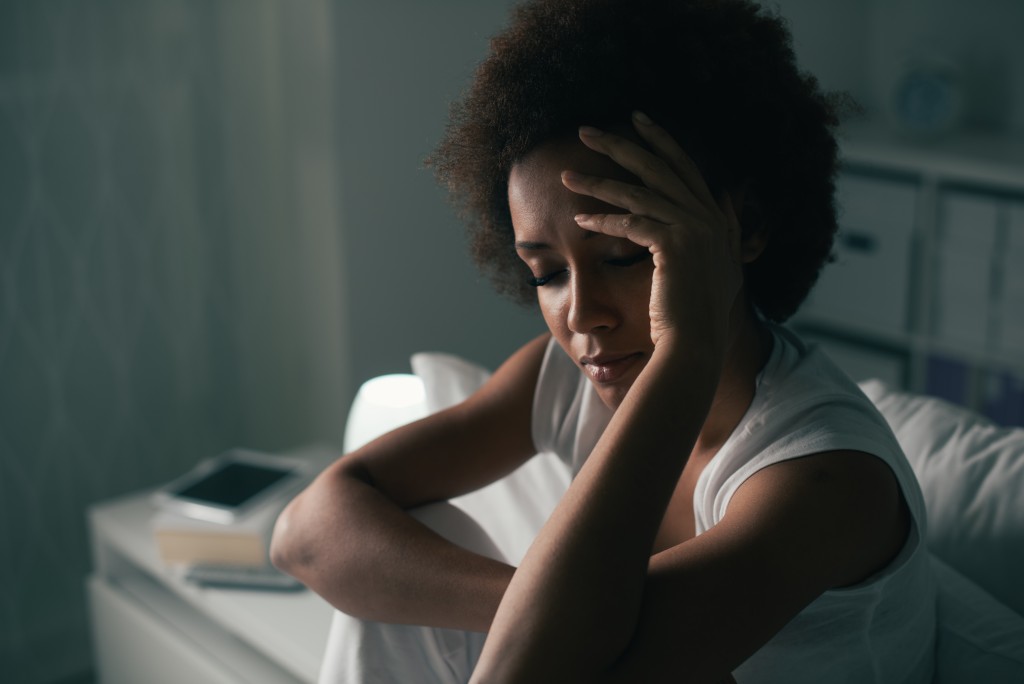Claustrophobia is defined as the fear of enclosed spaces, and you might think it is a rare case. But that is not the case.
Have you ever had a full-on panic attack when you enter an elevator, or do you avoid crowded places because you fear that the crowd will press down on you? Such is the feeling of being claustrophobic, and you are not alone in this fear. According to the NHS, ten percent of the people from the United Kingdom would have this fear during their lifetime.
Like many other phobias, claustrophobia is triggered by certain situations, which those who have the phobia would go out of their way to avoid. For example, you might find yourself avoiding concerts, sales in malls, or the subway. However, even avoiding these places might even reinforce your fears.
Is Fear An Emotion, or Is It A State of Mind?
Each of us has a fear. Remember when you were little, and you feared the monster hiding inside your closet? You might even recall when your parents told you to “face your fears” of the so-called monster. But what is fear, and can it be conquered?
To answer that question, let us understand the science of fear. Northwestern Medicine Clinical Psychologist Dr. Zachary Sikora described fear as a “survival response.” Have you ever wondered by thrill-seekers seem to enjoy fear while the rest tend to avoid it?
According to Sikora, fear is something that you experience in your mind, but it would manifest itself using your body’s physical reaction. For instance, when your body recognizes fear, such as passing an alleyway, and you see a vicious-looking dog, your body breaks into a sweat, and your heart beats faster. The only difference between fear and a phobia is when the fear you have would hinder you from doing your normal activities, such as taking the subway to work.
What Causes Claustrophobia?
Like many types of phobia, claustrophobia may result from a traumatic episode in your life, mostly stemming from childhood. There might be a time in your life where you were accidentally trapped in a confined space, or even if one of your parents suffered from claustrophobia. Phobias, after all, are the direct result of unpleasant and often traumatic experiences that have made a huge impact in your subconscious so much that you would automatically back away from any situation that would trigger it.
But, there is hope
The good news is that you can indeed seek treatment for claustrophobia. It is advised that you should seek professional help when the symptoms become too much for you or your loved ones to handle. In an article with U.S. News, this is not something that you can “just get over.”
One of the best things that you can do to keep your phobia at bay is to try your best to embrace logic when the situation arises. For example, when you have to take the elevator, tell yourself repeatedly that the walls will not close in on you. This is your way of affirming that your logic is stronger than your fears.
For some people, their claustrophobia might be triggered by a medical exam, such as an MRI scan. In situations like this, you can always inform the medical staff of your situation. While they can offer you a sedative, you can opt for an open MRI test instead. These are specially designed for people with severe anxiety and are available privately.
Still, the best-known treatment for claustrophobia is to “face your fears”. This is done when you are gradually exposed to the environment that triggers your fear; in your situation, it might be an elevator, a public bathroom, or the subway. This is known as self-exposure therapy, and you can choose to do this yourself, or you may seek help from a professional.
For extreme measures, you may opt to be given a sedative when the need arises, but most patients do not find this necessary as all they need is reassurance from people they trust. One of the most important things that you need to cope with your phobia is to seek help and look for reassurance. A simple hand squeeze from the people you trust can go a long way.
In the end, you can indeed take steps to conquer your fears and not let them get the better of you. It is an everyday process, and while you might not be able to rid yourself of the phobia, find people who will ride it out with you and will not abandon you in the process.

